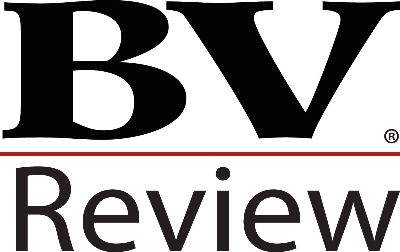Beyond FMV: Commercial Reasonableness of Physician Compensation Post-MACRA
The influx of federal money over the past several decades to healthcare providers, and the allocation of those dollars, drastically transformed the healthcare delivery system in a way that has had dramatic impact on the economic and financial value of healthcare enterprises, assets, and services. The recent paradigm shift in the reimbursement environment, from volume to value, has had perhaps the greatest impact on the processes and outcomes of valuation assignments, as the reimbursement environment significantly affects the flow of revenue to healthcare providers. The emergence of value-based reimbursement (VBR) (most recently manifested through the implementation of the Medicare Access and CHIP Reauthorization Act of 2015 [MACRA]), has driven the pursuit of closer relationships between hospitals and physicians. Corresponding with this growing trend toward hospital-physician alignment, and specifically toward vertical integration, increased regulatory oversight regarding the legal permissibility of these arrangements has occurred. This increasing focus on the related, but distinct, thresholds of fair market value (FMV) and commercial reasonableness represents a growing opportunity for valuation professionals in the healthcare industry. However, a comprehensive understanding of this inherent conflict between the fraud and abuse laws and the aims of the VBR models warrants a review of both MACRA and the threshold of commercial reasonableness.

The Left Hand Doesn't Know What the Right Hand Is Doing

The Structure of MACRA

The Commercial Reasonableness Opinion: Hurdling the Analytical Thresholds

Qualitative Analytical Steps in the Commercial Reasonableness Threshold

Analytical Process for Quantitative Analysis

